I think your code is already well vectorized (for n and m). If you want this function to also accept an array of rho/phi/z values, I suggest you simply process the values in a for-loop, as I doubt any further vectorization will bring significant improvements (plus the code will be harder to read).
Having said that, in the code below, I tried to vectorize the part where you compute the various components being multiplied {row N} * { matrix N*M } * {col M} = {scalar}, by making a single call to the BESSELJ and COS functions (I place each of the row/matrix/column in the third dimension). Their multiplication is still done in a loop (ARRAYFUN to be exact):
%# parameters
N = 10; M = 10;
n = 1:N; m = 1:M;
num = 50;
rho = 1:num; phi = 1:num; z = 1:num;
%# straightforward FOR-loop
tic
result1 = zeros(1,num);
for i=1:num
result1(i) = cos(n*z(i)) * besselj(m'-1, n*rho(i)) * cos(m*phi(i))';
end
toc
%# vectorized computation of the components
tic
a = cos( bsxfun(@times, n, permute(z(:),[3 2 1])) );
b = besselj(m'-1, reshape(bsxfun(@times,n,rho(:))',[],1)'); %'
b = permute(reshape(b',[length(m) length(n) length(rho)]), [2 1 3]); %'
c = cos( bsxfun(@times, m, permute(phi(:),[3 2 1])) );
result2 = arrayfun(@(i) a(:,:,i)*b(:,:,i)*c(:,:,i)', 1:num); %'
toc
%# make sure the two results are the same
assert( isequal(result1,result2) )
I did another benchmark test using the TIMEIT function (gives more fair timings). The result agrees with the previous:
0.0062407 # elapsed time (seconds) for the my solution
0.015677 # elapsed time (seconds) for the FOR-loop solution
Note that as you increase the size of the input vectors, the two methods will start to have similar timings (the FOR-loop even wins on some occasions)
